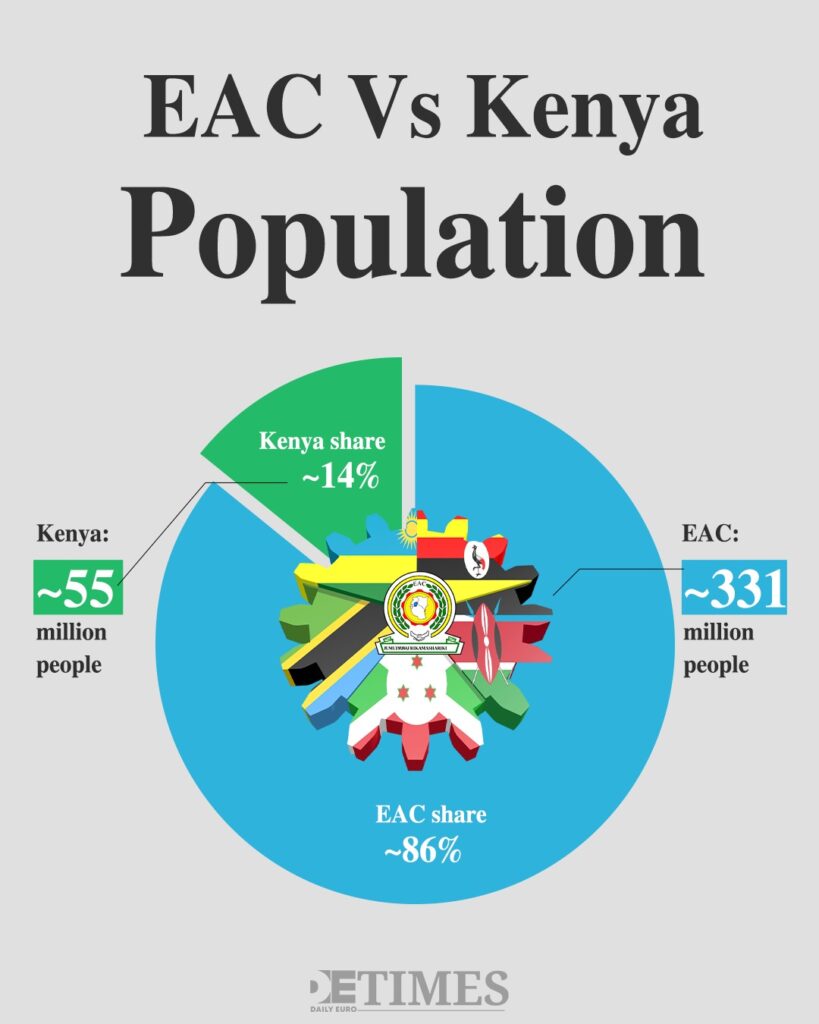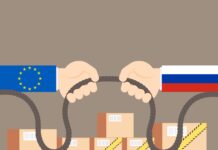The First Instance Division of the East African Court of Justice in Arusha recently delivered a verdict that preserves the integrity of the East African Community (EAC).
Justice Yoakim Highland and the panel of judges issued an interim order to pause the implementation of the Economic Partnership Agreement between the Republic of Kenya and the European Union.
A regional civil society organisation named the Centre for Law, Economic and Policy of East African Integration (CLEP East Africa) mobilised the judiciary to protect the bloc.
The suspension affirms that true economic emancipation requires strict adherence to collective regional protocols.
Restoring the Primacy of Regional Law
The legal case centres on the obligation of member states to negotiate trade deals as a unified bloc. CLEP East Africa initiated the proceedings against the Attorney General of Kenya and the Secretary General of the EAC.
The applicant submitted that the bilateral arrangement violates the foundational EAC Treaty. They specifically cited the disregard for the Customs Union Protocol and the Common Market Protocol.
The court agreed with the urgency of the application and ruled to freeze the agreement pending a full hearing.
The decision establishes the collective legal framework as the supreme authority for all member nations. Kenya attempted to proceed independently to secure immediate market access. The court mandates a return to the collective approach.
The ruling serves as a reminder that the EAC functions as a rules-based organisation. Member states legally bound themselves to act in concert regarding external trade policy. The judiciary now enforces the bond.

Defending the Customs Union Architecture
The opposition originates in the need to protect the mechanics of the Customs Union. A Customs Union relies on a Common External Tariff to function properly.
Member states agree to impose identical duties on goods entering from third parties. The uniform barrier guarantees stability for internal producers.
The Kenya-EU EPA alters the protection. The deal allows European goods to enter Kenya duty-free. Once inside Kenyan territory, the goods flow easily across borders into Tanzania, Uganda, and other partner states.
Neighbouring industries suffer under the arrangement. Tanzanian manufacturers compete against subsidized European products flooding the market through Kenya.
The EAC treaty envisions a common trade policy specifically to nurture infant industries across the region. The separate deal introduces competition to the entire bloc.
CLEP East Africa noted the violation of Articles 1, 2, 4, 5, 8, and 147 of the Treaty. The referenced articles mandate cooperation and collective action. The region remains united in defending industrial aspirations.
Accountability for the Secretariat
The court ruling exposes the internal duties of the EAC administration. The application filed by CLEP East Africa targeted the Secretary General of the EAC alongside the Kenyan government.
The civil society group persuasively posited that the Secretary General bears the duty to ensure compliance with the Treaty.
The Secretariat holds the responsibility to investigate and prevent violations by member states. Administrative silence called for judicial intervention.
Citizens and organisations now possess a validated path to ensure leaders adhere to regional commitments. The verdict empowers civil society to police the integration process. It warns the Secretariat that passivity carries legal consequences.
The court noted that the omission to act constitutes a breach of the treaty obligations. The outcome reinforces the institutional fabric of the community. It ensures that the guardians of the treaty remain vigilant.
The Imperative of Unified Negotiation
Europe maintains a preference for negotiating with individual African nations. The European Commission prioritises the export of machinery and chemicals alongside the acquisition of raw materials.
The EPA fits the model by encouraging the export of Kenyan flowers and vegetables. The exchange reinforces an extractive economic model.
EAC member states desire structural transformation and industrial growth. They require tariffs to shield growing sectors from established European competitors.
The strategy of the European Union tests regional unity. It utilises the position of one country to mould the broader outcome. The EACJ ruling acts as a shield against the tactic. It asserts that the EAC exists as a single legal entity for trade purposes.
Europe must engage the bloc as a whole. True partnership entails respecting the internal rules and decision-making processes of the partner. The EAC demands recognition as an equal negotiating counterpart with a unified voice.
Realigning For Collective Prosperity
Kenya remains the economic heavyweight of the region and naturally seeks secure access to European markets. The government in Nairobi prioritised the immediate needs of exporters.
The decision isolated Kenya from neighbors. The suspension compels Nairobi to coordinate with Arusha. It forces the Kenyan government to return to the negotiating table with Tanzania, Uganda, Rwanda, Burundi, South Sudan, the Democratic Republic of the Congo, and Somalia.
The pause offers a chance for recalibration. Europe retains the opportunity to propose a deal that benefits the entire region.
A revised approach needs patience and offers that support African industrialisation. The EAC states explicitly that they value the internal market as the primary engine of growth. They prioritise the long-term goal of regional integration. Economic emancipation arises from unity.
The EAC holds a population exceeding 300 million. The aggregate market possesses significant bargaining leverage.
The court ruling preserves the leverage. It maintains the bloc as a singular customs territory. Fairness dictates that trade agreements serve the development goals of both parties
The EACJ ensures that the EAC remains the primary vehicle for delivering shared prosperity.
Keep up with Daily Euro Times for more updates!
Read also:
East African Rift: Europe’s New Fallout With Military Rulers
Nigeria & Kenya: Drivers of Africa’s Tech Growth
How Larry Madowo Exposed Police Brutality Despite Media Clampdown?






